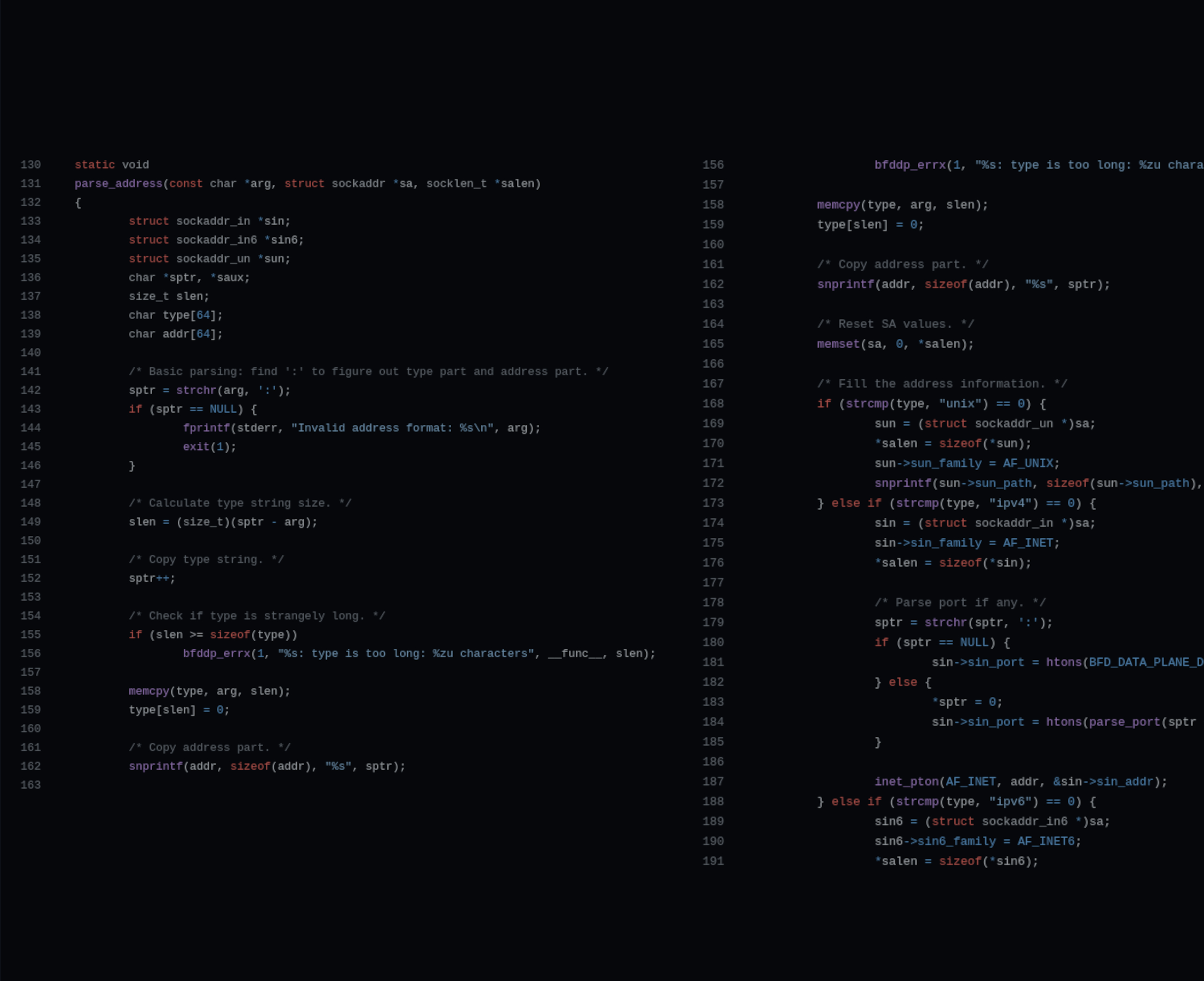
NetDEF is Collaborative
We participate in different work groups, such as FRR and RIPE.
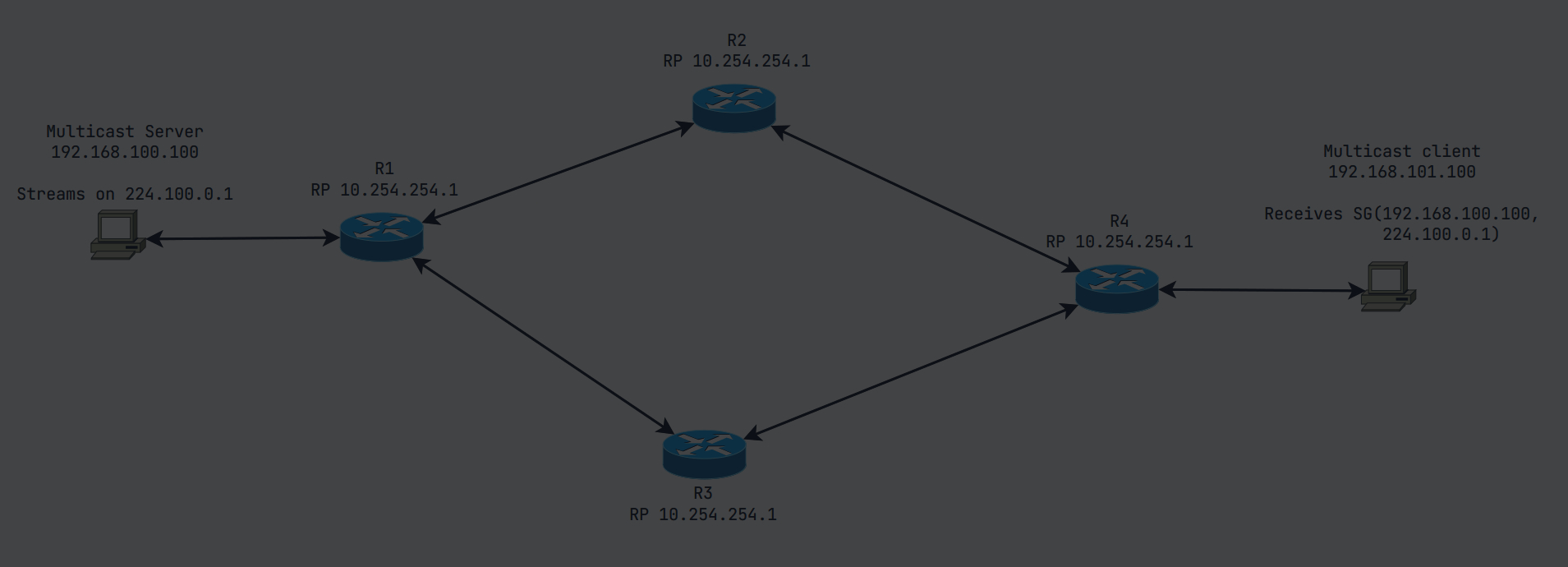
NetDEF is Comprehensive
Provide support for the Networking Community involving Training, Testing and Development.
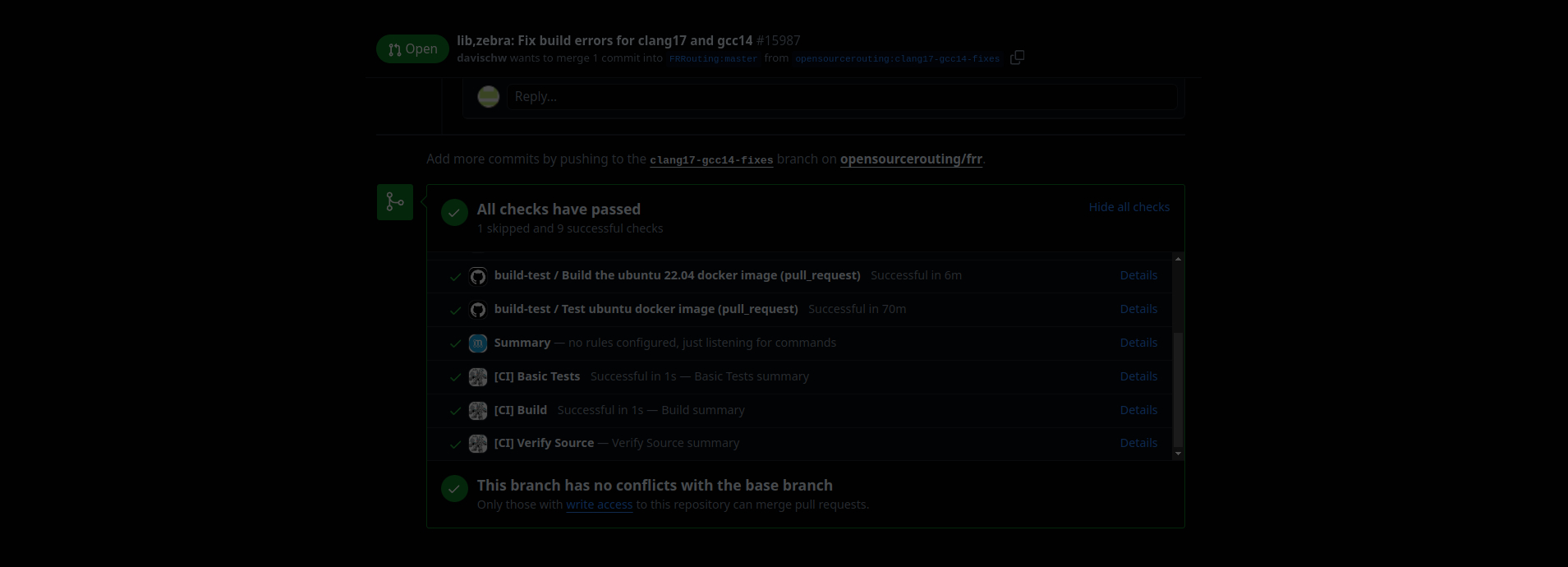
Helping with the implementation of networks (BGP, OSPF, etc.).
Developing specific solutions for your needs.
See our portfolio.
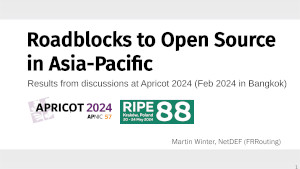
Presentation by Martin Winter at RIPE 88 in Krakow, Poland in May 2024 Short Lightening Talk on feedback from Apricot Meeting and...
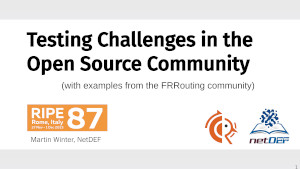
Presentation by Martin Winter at RIPE 87 in Rome, Italy in November 2023 We are looking at how testing in the Open Source Communit...
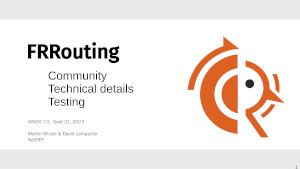
Presentation by David Lamparter and Martin Winter at SINOG 7 in Ljubljana, Slovenia in September 2023 FRRouting Update: Community...